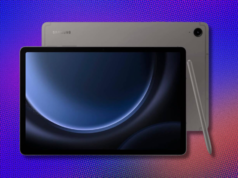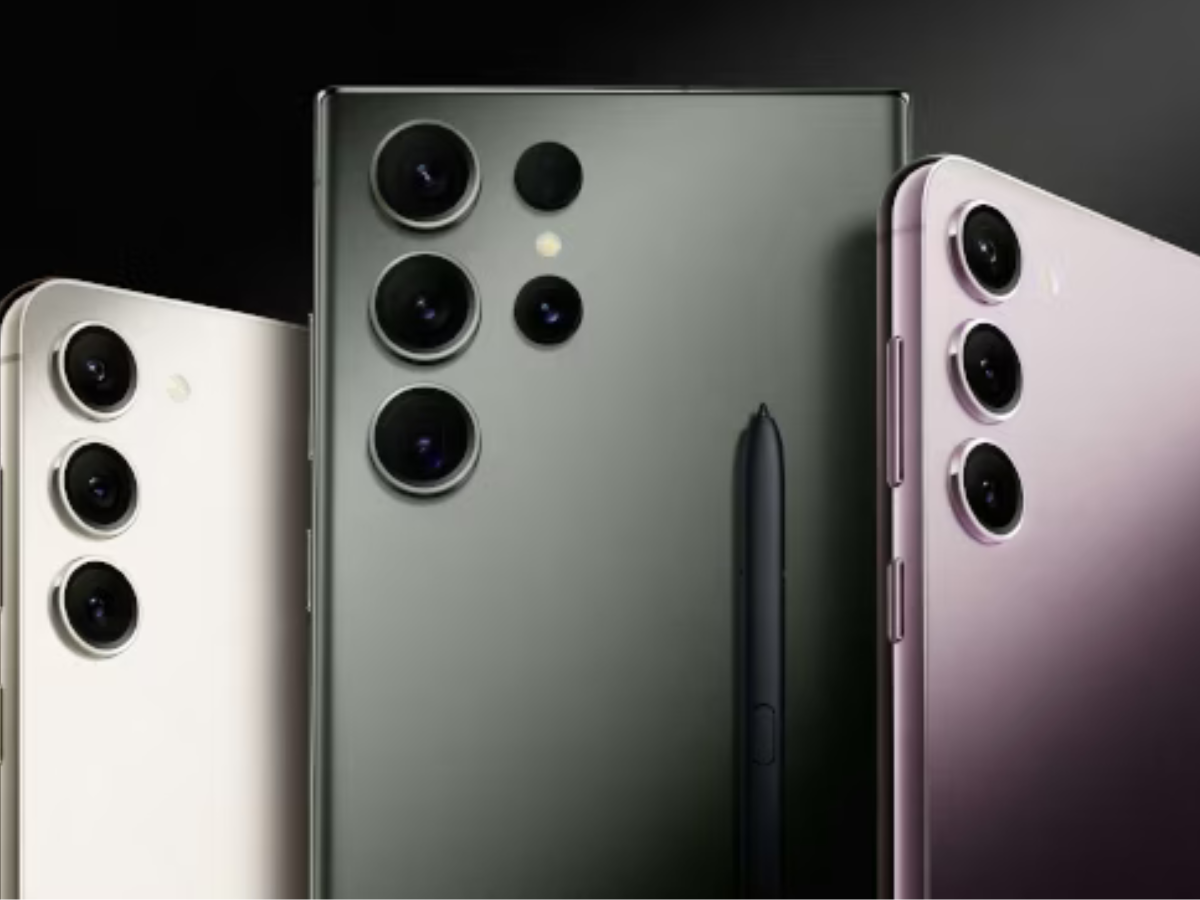In an era dominated by rapid advancements in artificial intelligence, particularly in the creative sectors, Procreate, a leading illustration app for iPad, is taking a definitive stand. The company has pledged to keep its platforms free from generative AI, emphasizing human creativity over automated processes.
Who and What:
Procreate, developed by Savage Interactive, is renowned among digital artists for its intuitive design and powerful tools tailored for the iPad. The company’s decision is a direct response to the growing integration of AI in creative applications, a trend spearheaded by companies like Adobe and Canva.
When and Where:
This announcement was recently solidified through various statements made by James Cuda, CEO of Procreate, across different media platforms including social media and the company’s own website.
Why:
The motivation behind Procreate’s stance is rooted in a commitment to human artistry and originality, setting a clear boundary against what they perceive as the “dehumanization” of art by AI. The company argues that creativity should be a distinctly human endeavor and expresses concerns that AI could undermine the authenticity and personal touch of human-created art.
Key Points from Procreate’s Stand:
- Human Creativity Over AI: Procreate is championing human creativity, asserting that art should be created, not generated. This philosophy is encapsulated in their campaign slogans and public statements made by CEO James Cuda, who has been vocal about his disdain for generative AI.
- Privacy and Ownership: Procreate emphasizes that user data and artworks remain private and solely owned by the users, assuring that their creative outputs are not used to train AI systems.
- Public and Community Reaction: The decision has been met with significant approval from the digital art community, which values the integrity and authenticity of human-made art. Discussions on platforms like Reddit and in industry forums reflect a growing concern among artists about AI’s role in creative fields, making Procreate’s stance particularly resonant.
- Market Positioning: By rejecting generative AI, Procreate is positioning itself uniquely in the market, appealing to purists and those who seek a tool that honors traditional artistic processes.
Journalistic Perspective:
This development is a significant one in the tech and creative industries, representing a broader debate about the role of AI in creativity. Procreate’s decision serves as a case study in how companies can prioritize ethical considerations and user trust over jumping on the technological bandwagon.


















